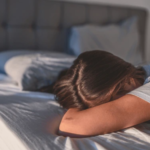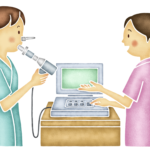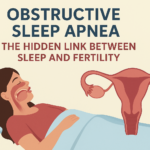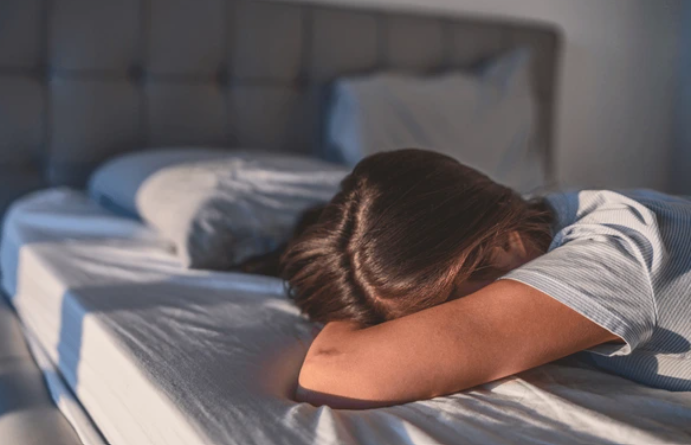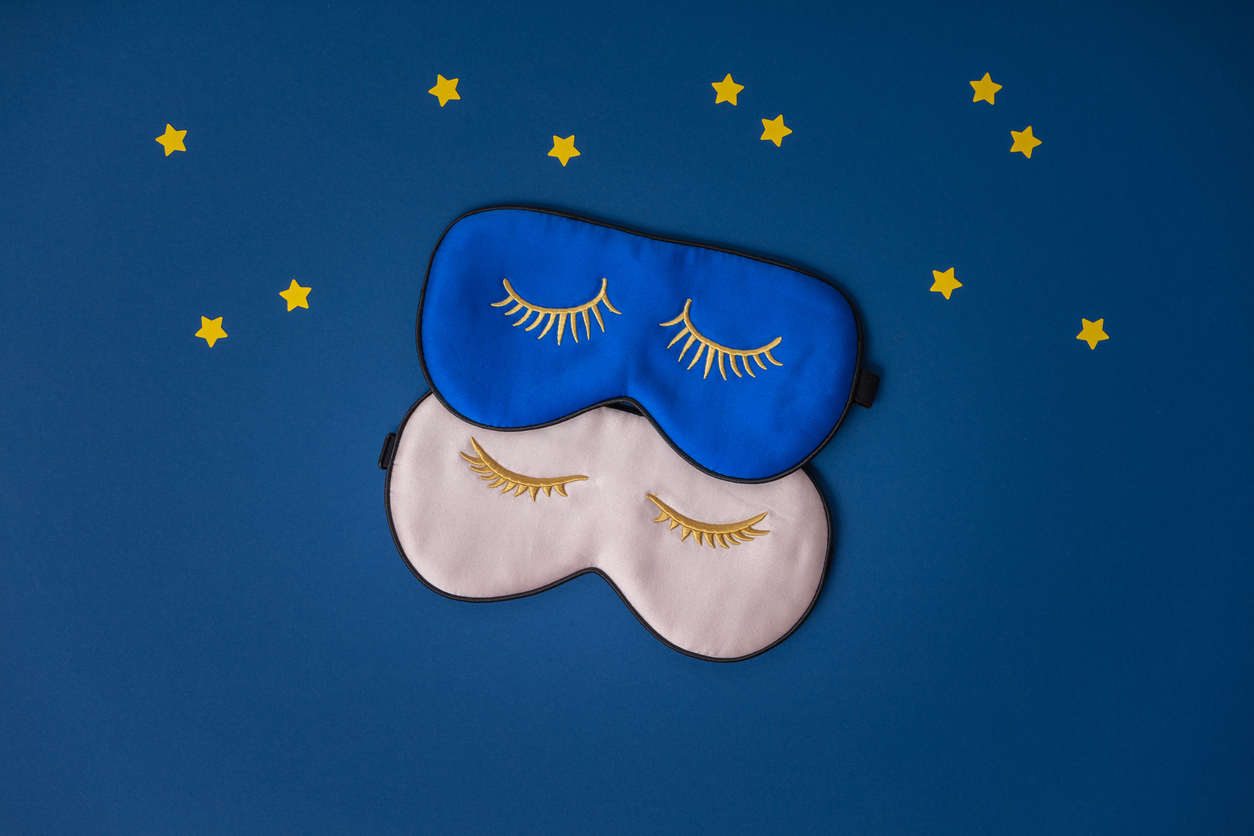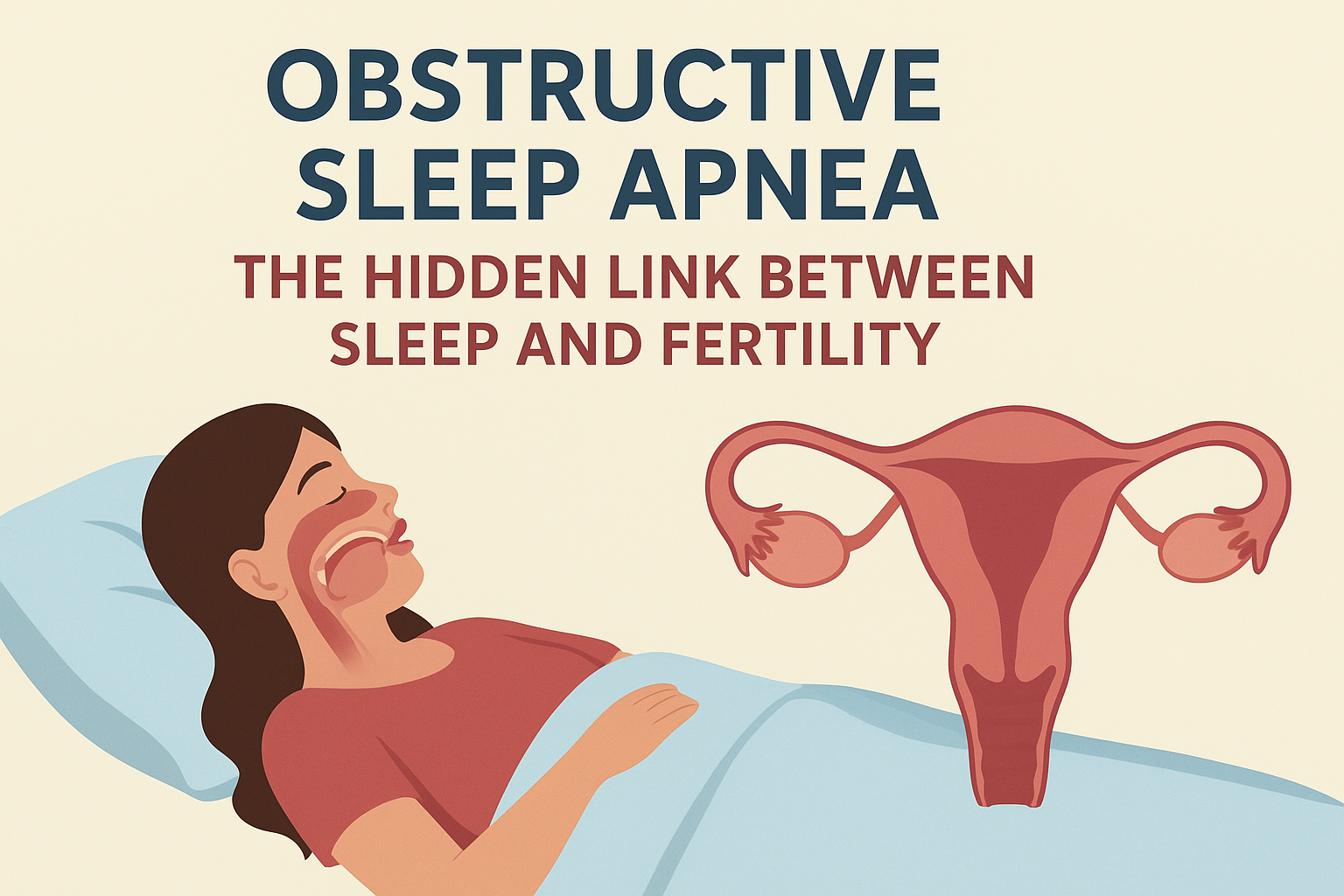Sleep Issues in the Elderly & Their Solutions By Aryaki Mishra
At 65, life starts to develop a slower pace. One retires, starts to spend time at home with family. Soon after my retirement, after I had started settling into a new routine and surrounded myself with family and friends, the coronavirus pandemic happened and a strict lockdown was imposed soon after. To me and my wife’s horror, people above 65 were the most vulnerable so it was dangerous to step out, but people were kind enough to get our groceries. Nonetheless, all social contact was cut off. My wife who already faced sleep issues, was joined by me and thus both of us couldn’t sleep. During one of those sleepless nights, I found myself researching sleep issues that are prone to people above the age of 65. Here is what I found:
In a study of more than 9000 older adults (older than 65 years), 42% had difficulty in falling asleep and staying asleep. In the late thirds of one’s life i.e. after the age of 65; Sleep patterns change due to changes in the melatonin, the sleep-promoting chemical secreted in the brain, decreased slow-wave sleep (deep sleep), poor sleep continuity with frequent awakenings and early morning awakening. Other factors which affect sleep include:
- Pre-existing medical conditions:
Almost 45% of older adults suffer from” sleep disorders, many sleep problems may arise due to “secondary” sleep problems due to pre-existing medical conditions whose main symptoms may not be sleep-related. These pre-existing conditions that can disrupt sleep in older adults include:
- Heart and lung conditions which affect breathing, such as heart failure and chronic obstructive pulmonary disease
- Acid reflux disease, which causes heartburn symptoms and can be affected by big meals late at night
- Painful conditions including osteoarthritis
- Urinary problems that cause urination at night; this can be caused by an enlarged prostate or an overactive bladder
- Mental illnesses such as depression and anxiety
- Neurodegenerative disorders such as Alzheimer’s and Parkinson’s
- Medication side-effects
Sleep conditions that include:
- Insomnia:
Insomnia is the most commonly reported sleep disorder in older adults, more common in elderly women than men due to menopause. However, Insomnia can be the cause of several pre-existing medical conditions (mentioned above), they can also be a side-effect of certain medications prescribed.
- Sleep Apnea:
Obstructive sleep apnea is characterized by the complete/partial cessation of respiration (apnea) reduced respiration during sleep. This disorder is more common in older men than older women.
- Movement Disorders:
Periodic Limb Movement Disorder and Restless Legs Syndrome are two commonly found movement disorders in older adults. PLMS are characterized by clusters of repetitive leg movements during sleep with jerks or kicks typically occurring every 20 to 40 seconds and recurring throughout the night. Each jerk may cause an awakening, resulting in sleep fragmentation, and therefore patients with PLMS may experience excessive daytime sleepiness. RLS is a disorder strongly linked to PLMS and is characterized by a “creepy crawling” or “aching” sensation occurring in the legs while the patient is in an awake/relaxed state and is relieved by movement. The uncomfortable sensation can prevent patients from falling asleep or can awaken patients.
- Sleep Habits and Sleep Environment: A good sleep environment and a regular sleep schedule are key to good sleep. Poor sleep habits include:
- Irregular sleep hours
- Consumption of alcohol before bedtime
- Falling asleep with the TV on
- Frequent naps during the day
- Menopause and post menopause: During menopause, many women are prone to getting hot flashes and night sweats which tend to interrupt sleep. This can put women experiencing menopause at risk for insomnia. Even post-menopause, sleep problems can continue to trouble women.
- Stress: Post-retirement, older adults suffer from disruption of routine and they can struggle to adapt to the post-retirement lifestyle causing sleep problems. Significant life changes like retirement, the death of a loved one, or moving from a family home can cause also be causes of stress.
Solutions to these problems include:
- Becoming sleep-friendly: Make sure your room is comfortable, dark and quiet. Do relaxing activities to increase your melatonin (sleep hormone) levels. Bright sunlight also helps regulate melatonin and your sleep-wake cycles. Try to get at least two hours of sunlight a day. Keep shades open during the day or use a light therapy box.
- Reduction of stress: Try to deal with things that cause you stress during the day and try not to bring it with you to the bed. Vent to your partner or your friend and try to solve them during the day.
- Limiting caffeine and alcohol intake: Avoid alcohol after 6 pm at night and caffeine after 12 noon as they can keep you up at night.
- Improve Daytime Habits: Improving daytime habits like diet and exercise can help improve sleep. Indoor exercising like yoga and focusing on eating healthy can help you sleep better.
Even after these suggestions if you continue to face problems regarding your sleep, make sure to visit a specialist soon.


